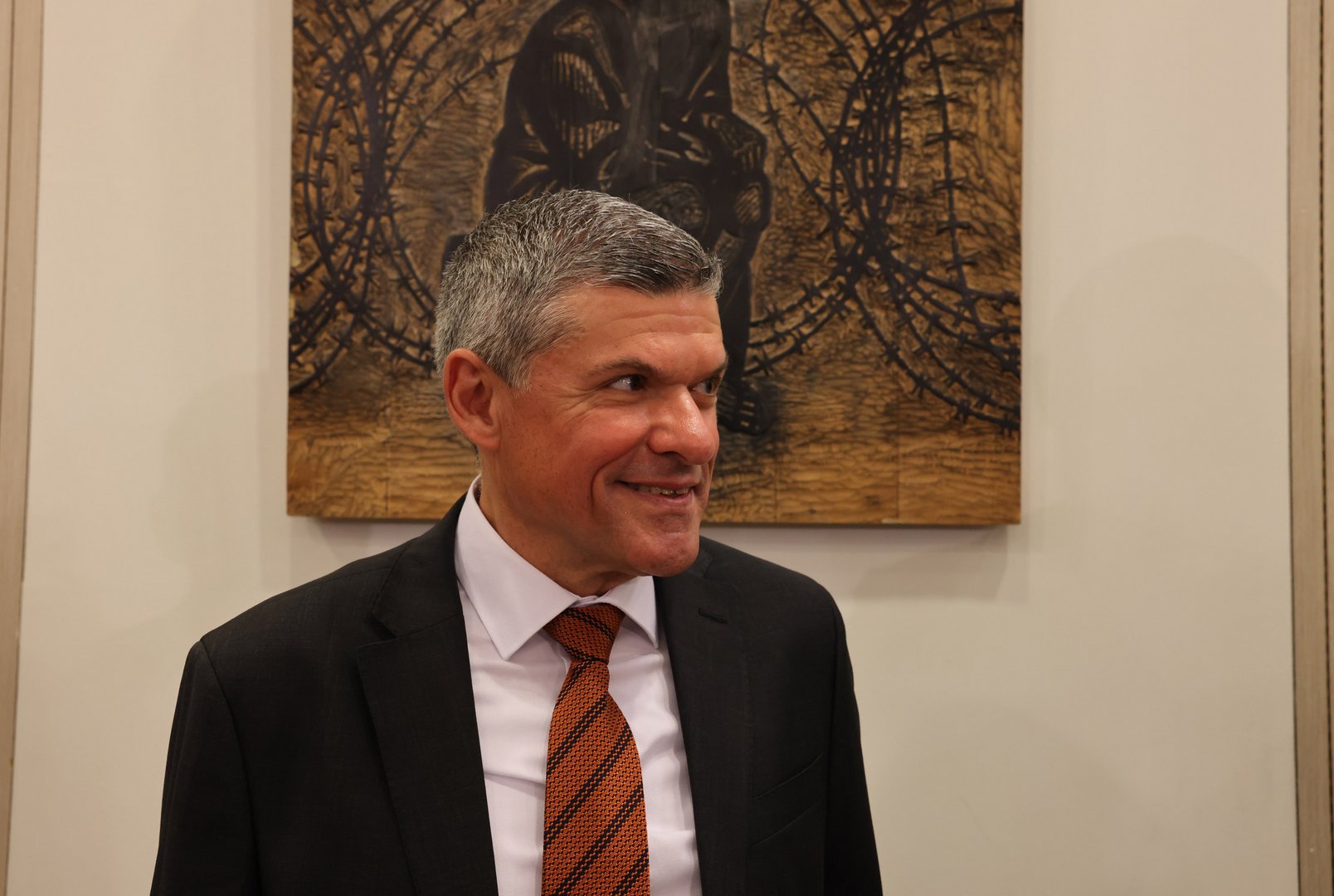A scheme for the installation of PV hybrid systems for residential units will be rolled out likely in September, the energy minister said Thursday, explaining that anyone can apply for it.
Asked to clarify whether the scheme will be available to all or just to vulnerable groups – as media reported earlier – George Papanastasiou said it will be open to everyone.
“It will be horizontal – anyone interested can get it. And it will be available in three versions: 4 kilowatts, 7 kilowatts and 10 kilowatts, depending on the particulars of the residence,” he told the state broadcaster.
The minister sought to clear up earlier confusion about who would be eligible for the scheme, after media reports had said it would apply only to the vulnerable.
He said that whereas the installation of PV systems would be offered to all members of the public, it would be subsidised only for those categories of consumers classed as vulnerable.
Vulnerable groups will see their PV system subsidised by up to 90 per cent. For the rest, they will apply to the energy ministry.
Regarding the broader public, they will apply for a PV rooftop system, and then repay it via installments to the Electricity Authority of Cyprus – the implementing organisation.
“It is not a subsidy,” Papanastasiou stressed. “The scheme will be financed by banks, and by importers and installers of PVs and batteries. All these will come under one umbrella – the EAC.”
The minister gave a theoretical example of how electricity bills would change. Someone normally paying €300 or €400 a month would end up paying just €30 for consumption. But added to the €30 will be another line item – the charge for repayment of the PV system. By way of example, this charge might be €200, so that the total on the bill would come to €230 – still significantly lower than what a consumer might normally spend.
“So, we’re covering the capital that homeowners would need to install a PV system, and doing this through a system managed by the EAC and with the participation of banks and PV suppliers. The EAC will act as the guarantor of the loan, if you will – of the capital.”
Responding to a follow-up question, Papanastasiou said the scheme is in fact an initiative of the EAC itself.
“Within the next 15 days we expect to have worked out all the details, and the scheme should be announced/launched in early autumn.”
On the technical side, the minister explained that the programme involves a hybrid system – PV systems with storage batteries.
“That’s because we don’t want to burden the grid [with energy generated from renewables] anymore than it is now.”
The goal is to have a solar panel on every rooftop, the minister reiterated.
Apart from promoting sustainable energy, the scheme is intended to avoid large photovoltaic parks on arable land. It will also help those lacking the initial capital to install solar panels, estimated at €6,000 to €6,500, by allowing them to pay back the EAC in instalments.
Regarding energy storage, earlier Papanastasiou said a public consultation had been opened the previous week on the installation of electricity storage in the grid. The public consultation will be open for the next two to three weeks.
He explained that “we are promoting the idea of having grid storage and no electricity being dumped.”
Electricity rejection in the autumn and spring season due to low consumption is seriously high which is a burden on PV farm investors, he said.







Click here to change your cookie preferences